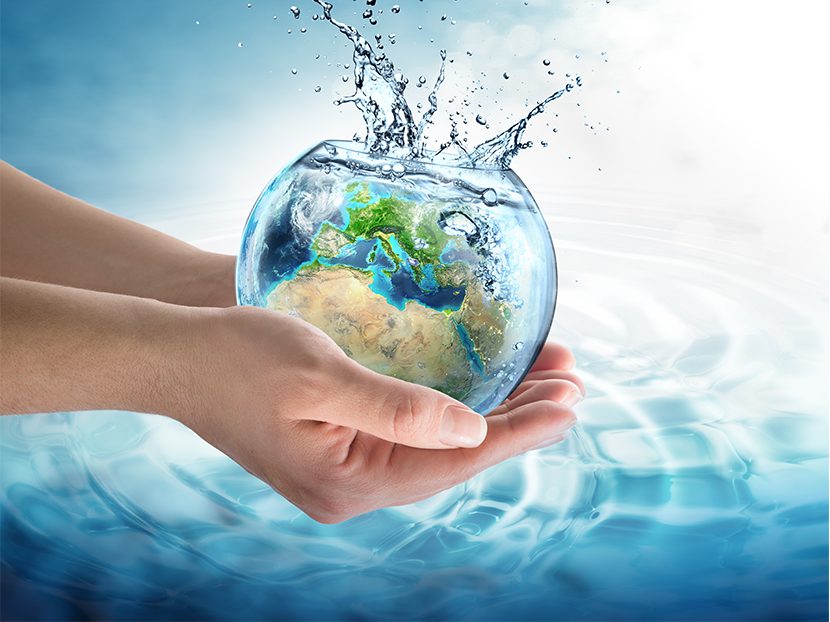The Best Bet to Save Water
Five-year update to major water conservation study says state laws are critical to managing nation’s water resources.

Climate Change
Three short survey questions were added to judge what the project team termed “climate resiliency.”
“The report’s addition of a resiliency planning score provides another perspective on preparation, and the two grades were surprisingly dissimilar for many states,” writes Adam Schempp, senior attorney and director of the Western Water Program for the Environmental Law Institute in an April 18 blog post. “The climate resiliency portion revealed that many states are unprepared for potential climate change impacts on water supplies, even those that may be leading in water efficiency and conservation policy.
While the national average is a “C,” the scores ranged significantly.
- Oregon paved the way scoring the only “A,” while California scored the only “A.”
- Texas, Arizona, and Georgia, which were in the top five for conservation and efficiency, all received D’s for their climate resiliency planning.
- Twenty-three states had no plans of any kind regarding water supply resiliency and climate adaptation.
- Of those states that do have plans, California, Idaho, Maryland, Minnesota, Oregon, and Pennsylvania were the only six to require plan updates every five years or fewer. Meanwhile, only five states have any kind of benchmarking in place: California, Oklahoma, Oregon, Hawaii, and Washington.
“Data for both the climate resiliency preparedness and water use efficiency and conservation portions indicate that geography is not necessarily an indicator of a state’s approach to addressing the issues covered by the report,” Schempp writes.





